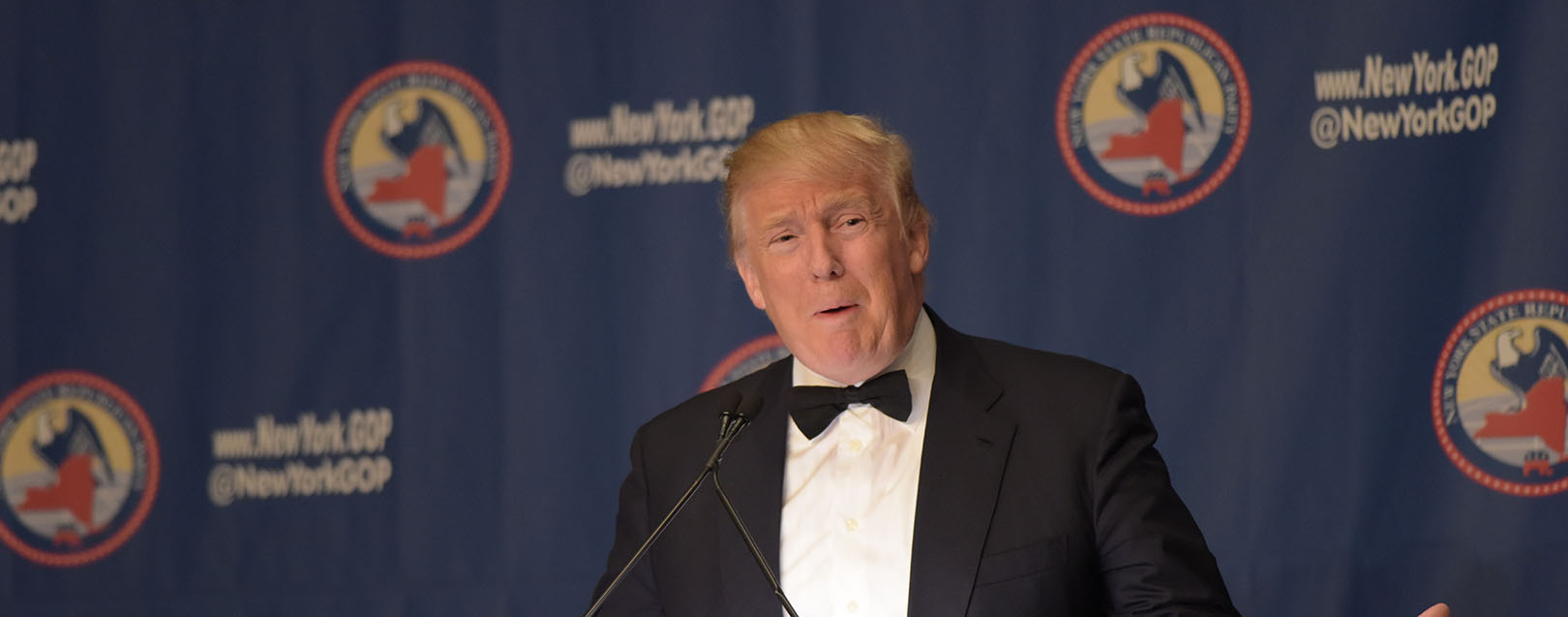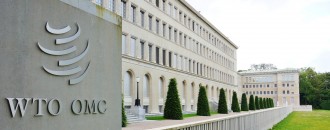
US-exit from TPP; Advantage for India and China?
The Dollar Business Bureau
Among other things, January 23, 2017 will go down in history as the day on which America, under the Trump administration, decided to disrupt trade relations with its eastern allies by withdrawing from the Trans-Pacific Partnership (TPP), one of Barrack Obama's pet projects.
Donald Trump, as one of his first strategic moves after moving into the Oval office, signed an executive order to pull out of TPP. Going forward, he said that USA would make bilateral trade deals with individual nations, which could be terminated within 30 days if the partner country 'misbehaves'.
Next on Trump's agenda is scheduling a meet with his Mexican and Canadian counterparts to renegotiate NAFTA, a trilateral trade agreement between the three countries. Such drastic anti-free trade measures have already raised questions on other major trade deals like Transatlantic Trade and Investment Partnership (TTIP) and Trade in Services Agreement (TISA). While TTIP is a US-EU trade deal, TISA involves as many as 50 countries. Although both have been in negotiation since 2013, they appear to have very slim chances of seeing the light of the day under Trump.
TPP is a multilateral trade deal, agreed upon and signed on October 5, 2015. The trade pact has come a long way since its genesis in 2005, with Brunei, Chile, Singapore and New Zealand as its only member nations then. The deal was on the verge of ratification by 12 signatories including Australia, Canada, Japan, Malaysia, Mexico, Peru, United States and Vietnam, until Trump decided to play spoilsport.
This holds far-reaching implications for US’s influence in Asia, where China is throwing its weight. The retreating of USA is likely to leave a huge leadership void in the TPP and take some sheen off its prestige in terms of the most coveted trade block in the region. This may be a huge 'thumbs-up' to China's ambitions of negotiating its own trade deal, thereby regaining its grip in the region.
On being asked about the global impact of recent developments in TPP, Biswajit Nag, Associate Professor at Indian Institute of Foreign Trade (IIFT), said that there could be a 6-8 month slowdown in the final ratification process of TPP. Dismissing the possibility of the whole treaty disintegrating, he said that the existing members will continue to push forward, considering the long years and elaborate negotiations that went into finalising the deal.
Such a move may prove beneficial for Indian exports to USA. India is not in a position to become a member in TPP for various known reasons. Hence, exports under TPP, from other Southeast Asian countries would become more favourable to US. The backing out of US puts India back on an equal footing with other TPP nations, in terms of exports to the USA.
USA is India's largest export market, making up for 15% of total exports from India in 2015-16, amounting to $40.3 billion. India's IT, pharma, textile, gems & jewellery and automobile industries are largely export driven. Although India will be back in competition post USA withdrawal from TPP, the extreme isolationist stance Trump is promulgating may, in the long term, translate into increased trade barriers and tariffs, even for India.
Trump is intent on wrecking havoc with the outsourcing industry, of which India is a major beneficiary. Software giants including Infosys and TCS are already on tenterhooks with stricter norms for H1-B visa in the making. India may soon be bidding farewell to automobile manufacturers and many US businesses, if Trump's proposed 35% border tax comes into effect, forcing businesses to shift manufacturing to USA. Trump's promise of deregulation and huge tax cuts to American corporations adds to the lucrativeness of their homeland.
Talking about the impact of US exit from TPP on India, Biswajit Nag said that India's exports will be shaped by many factors including the global slowdown in trade, Brexit, and fears of more right wing victories in the EU block.
"How much of a positive impact the TPP factor can bring and whether this will cancel out the negatives is a big question mark. We will have to wait and watch how all the global forces play out," he added.
Trump's conservative trade stance is just the beginning to a new normal in world trade scenario, where free-trade across borders may not be hailed as a growth factor anymore. Brexit, along with rise of protectionist leaders in France, Germany and other EU countries, makes us wonder if liberalisation and free-trade has indeed reached the end of its heydays.






 to success.
to success.